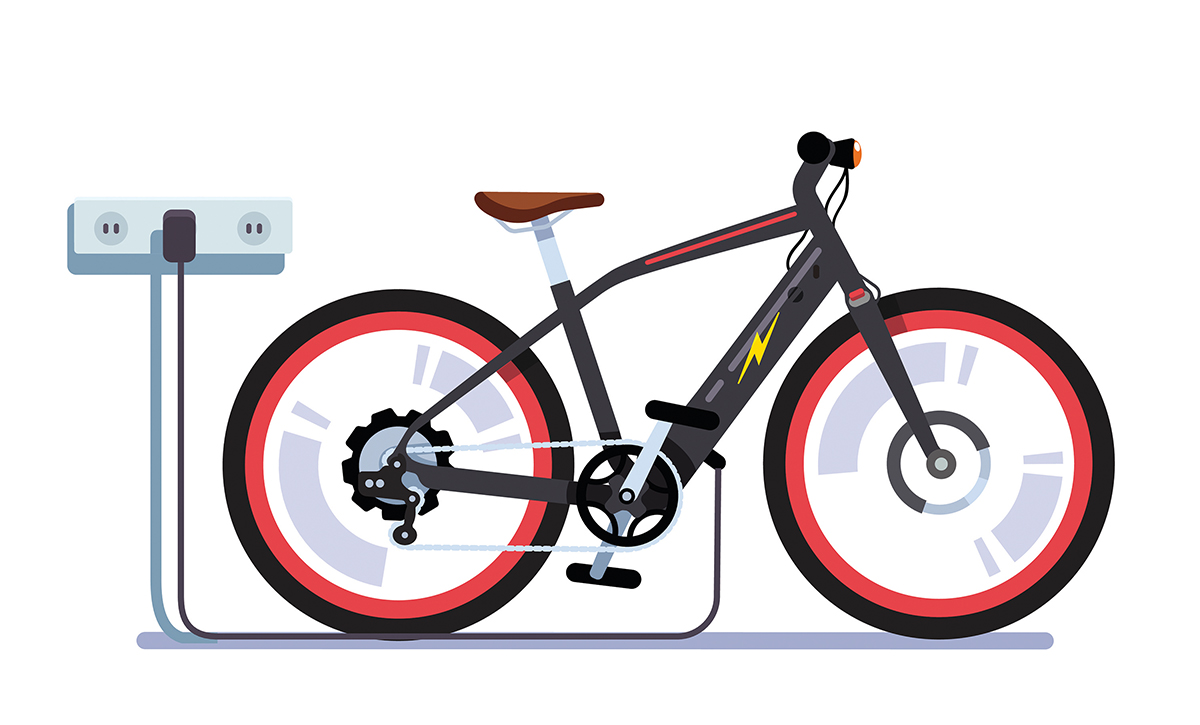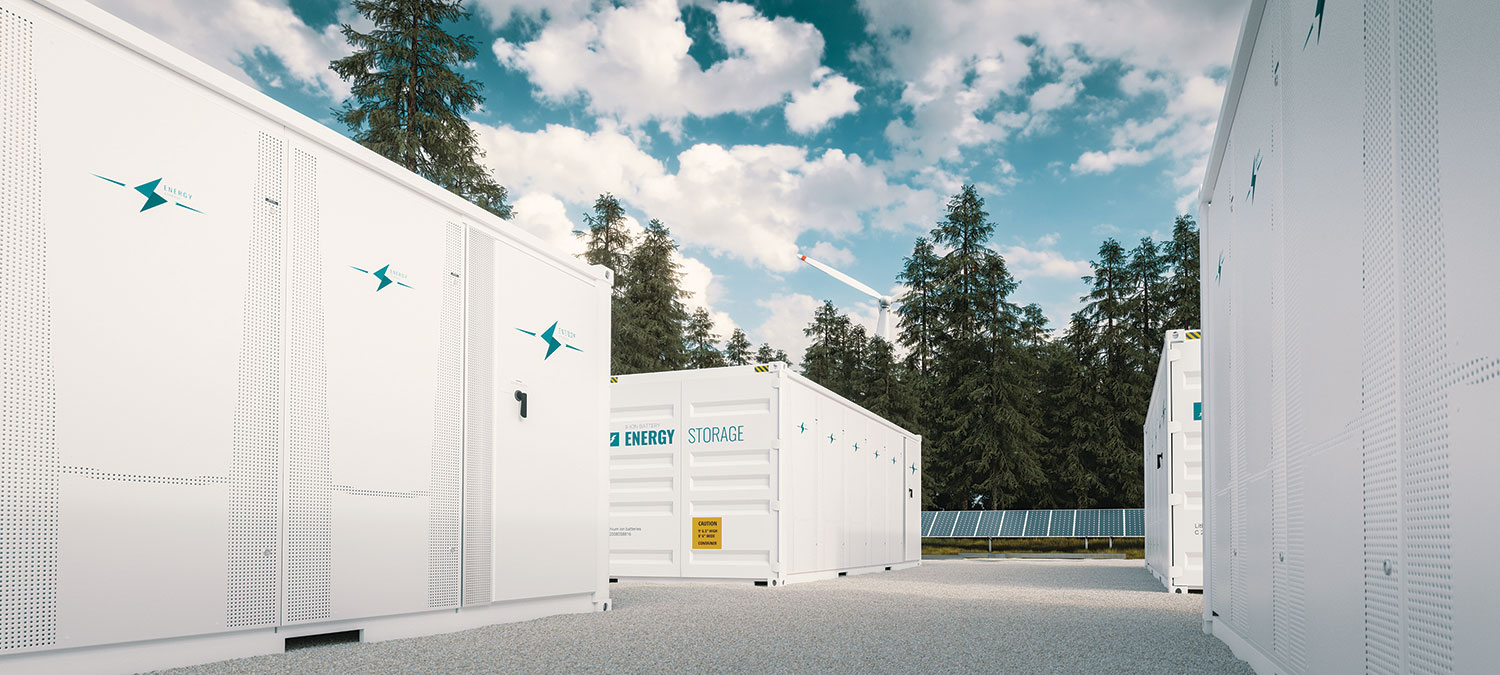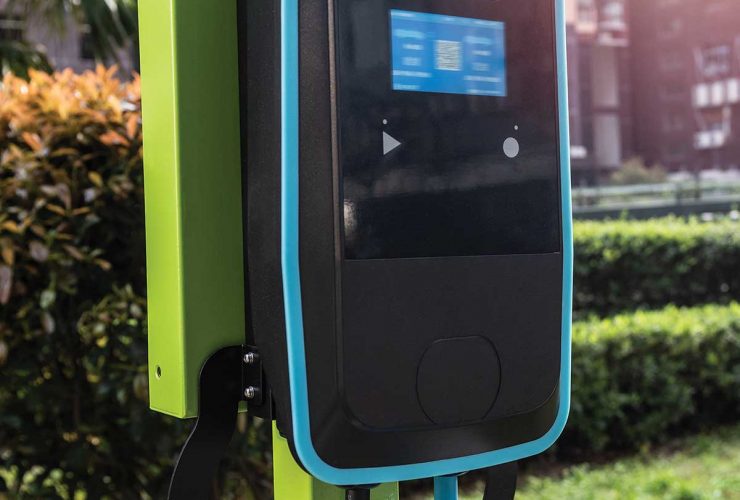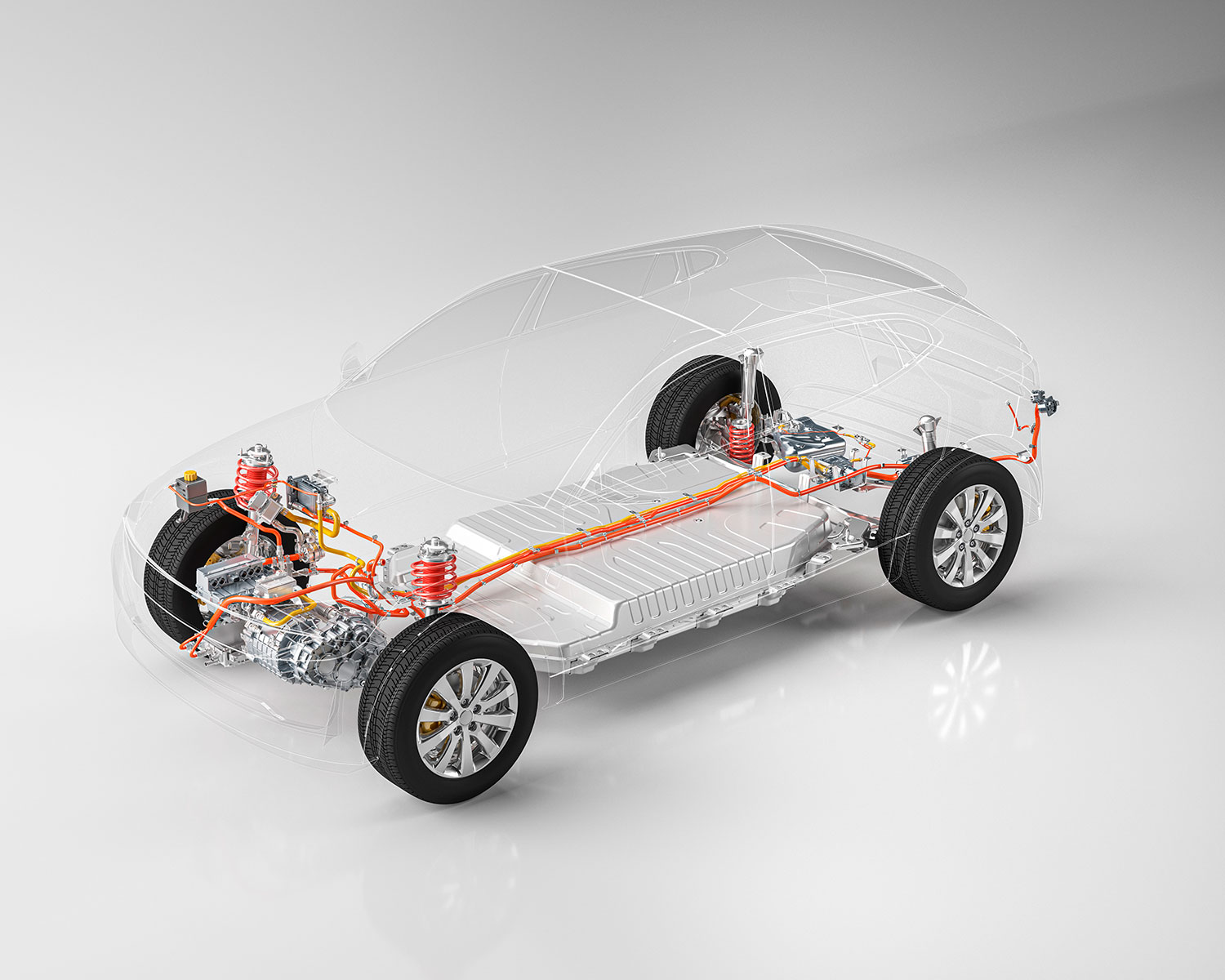E-bikes rely on lithium-ion batteries as their power source, however, when stored improperly or charged incorrectly, they pose a fire hazard.
ESS systems receive electric energy, store the energy in some form, and then provide electrical energy to loads or power conversion equipment when needed.
The testing and certification process is essential in the development, manufacture, and ultimate use of electrical products.
The terms in the 2023 NEC are being updated to reflect changes to the NEC Style Manual, leading to less room for interpretation and fewer errors during installation.
Electrical Inspectors need to approach urgent care clinics differently than non-healthcare facilities like commercial buildings, such as meeting the requirements of NFPA 99.
Comprehensive antimicrobial performance test standards are under development for devices, from the performance of UV lights to bipolar ionization.
EV charging stations, “Charge Points” (after the ChargePoint brand), “Level 1/2/3” Chargers, Superchargers, DC Fast Chargers, CCS Combo Systems, and SAE J1772 Connectors, all refer to Electric Vehicle Supply Equipment or EVSE.
The rise of Power Over Ethernet (PoE) technologies and ever-evolving power delivery capabilities have transformed the building environment inside and out over the last two decades.
Electrical equipment intended for potentially explosive atmospheres (or hazardous locations), is evaluated to stringent requirements in accordance with the NEC, local regulations, and/or harmonized standards such as the IEC 60079 series standards.
Electric vehicle batteries that are repurposed for use in new applications generally undertake a three-step process.










